|
Rating: R, Timing: 1hr 49min, Director: Avi Nesher, Cast on IMDb So what drove you to see this movie? Actually, I was trying to avoid the film, but there really wasn't anything of quality or new types of films out. I think Pirates or Cars 3 weren't worth reviewing compared to a nice small independent film. Why were you avoiding the movie then? Well, having lived in Poland I knew quite intimately the Holocaust death camp Auschwitz and was at another camp in Germany besides seeing documentaries on the Holocaust, Schindler's List and Life is Beautiful and other similar films about Soviet terror during communist years in Poland. So going in its a very depressing topic, but the way the film takes it in is a nice millennial take on the topic of girls growing up in the 1970s looking into their parent's secret past in the 1940s. and was at another camp in Germany besides seeing documentaries on the Holocaust, Schindler's List and Life is Beautiful and other similar films about Soviet terror during communist years in Poland. So going in its a very depressing topic, but the way the film takes it in is a nice millennial take on the topic of girls growing up in the 1970s looking into their parent's secret past in the 1940s. How did you take in the characters? There really are nicely developed characters in the movie like the main lead Sephi played by Joy Rieger striving to be a composer in a male dominated world of 1970s Israel. Her sister Nana played by Nelly Tagar is almost the opposite, being a 200 IQ writer at a local magazine with her husband, who is the editor. Her husband Jeremy played by Tom Avni is great too as it's unclear if he's flirty with the sister in some scenes and has a slightly violent streak that comes out in some dreams by Sephi. Sephi's father, the guy being speculated about his past has an interesting edge in refusing to speak Polish although he is originally from Poland and has a mystery about his character and a mean scar on his face as well. What is the premise of the film? Basically, from the first scene the pianist Selphi gets the chance to play in Germany and meets a fellow pianist Thomas Zielinkski. After her performance, his mother accuses her of having a murderer for a father in German. This kind of launches the two sisters to investigate their father's past that they thought they knew, but not as well as it turns out. One of the great elements of this mystery is there are multiple side stories unfolding as the plot goes along. You get to revisit the mother at the very end of the movie to come full circle in the mystery. One of the great elements in the film is that Selphi gets to travel to Poland, where the father was living and gets to see how Communism works in the 1970s with the long waiting times for phones, underground clubs and isolation from the West living in the communist sphere of that time. When I lived in Poland in 1989, they still had issues with phone connections ran by the superior socialist experiment. Were there changes you would have made to the film? There were many side stories and some that just get hinted at like the secret beatings of Selphi getting triggered during a recital, but we never get to how that side story evolves. It does nicely frame the stulted version of how to learn by her academy and the sexism Selphi is facing in the academy. Arbeit Macht Frei - 20x24 inch - SOLD Have you ever done any work related to the film? I did do a work on Victor Frankl, who lived through the death camps seeing his wife and family die there while writing a philosophy called psychotheraphy. His book "Man's Search for Meaning" based off his experiences in the camps and how you could choose to react or not react to the pain and suffering, which caused you to survive or die. It was a break-through philosophy reinforced by his experiences in the camps. The numbers in the background are his number tattooed in the camps by the Nazi regime. My connection to the topic comes from living in Poland during the last year of Communism in 1989. I remember distinctly the anti-facsist propaganda from the government with 4 story banners of a single bomb and the word NEVER AGAIN. It was a unique time to live and experience a drastic change from Soviet rule back to the West. This film in a way parallels the girl's world of living after the Holocaust, yet still being impacted from this lost generation and hidden truths from that era.
0 Comments
Please share via Facebook or Twitter!
Leave a Reply. |
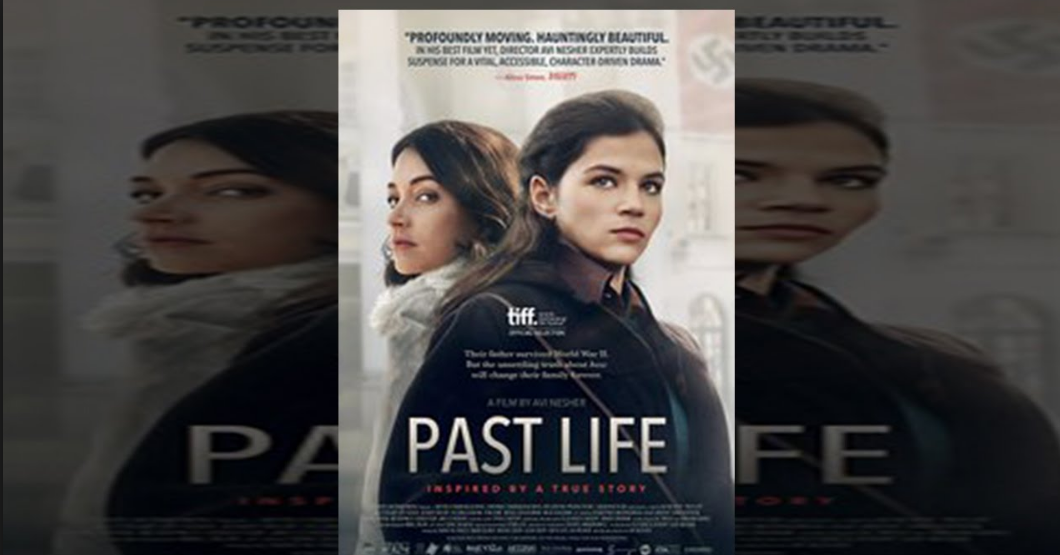
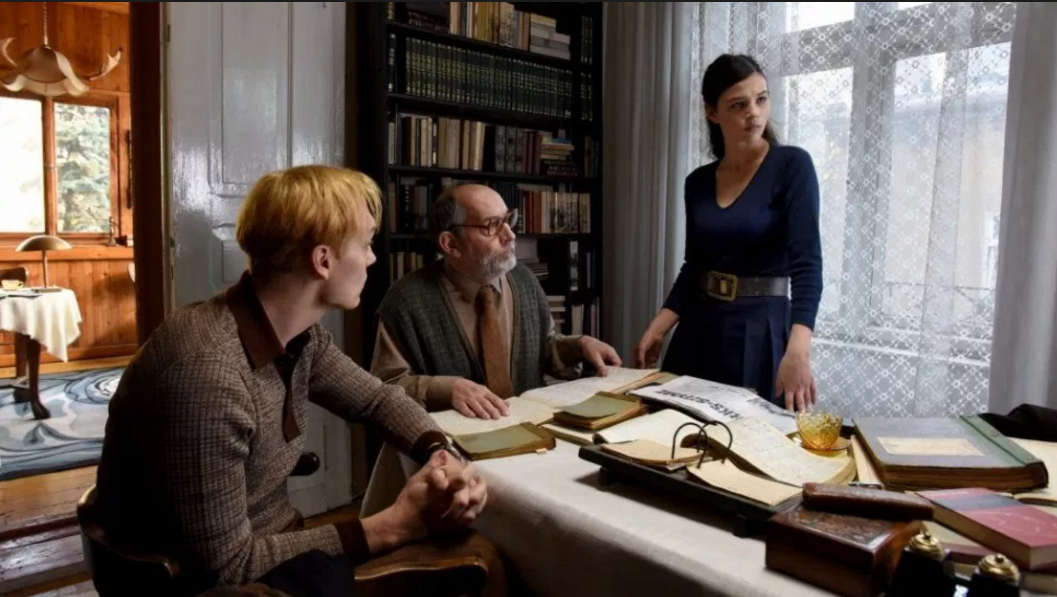
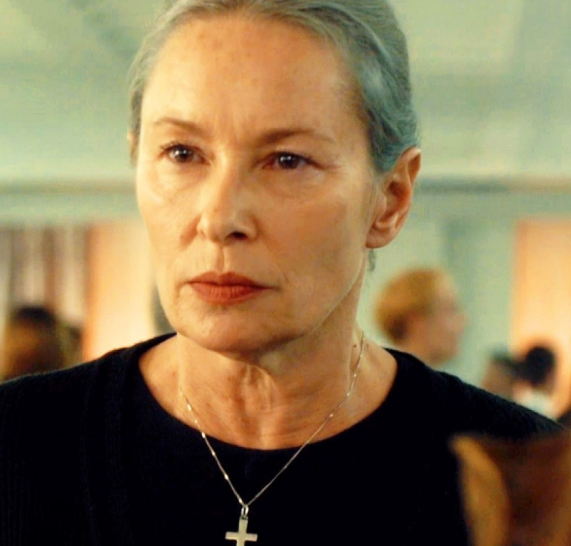
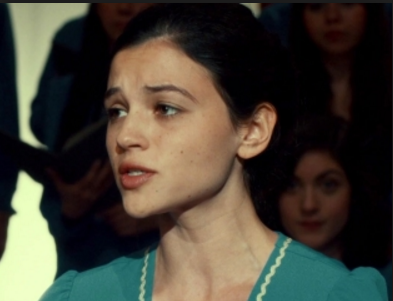
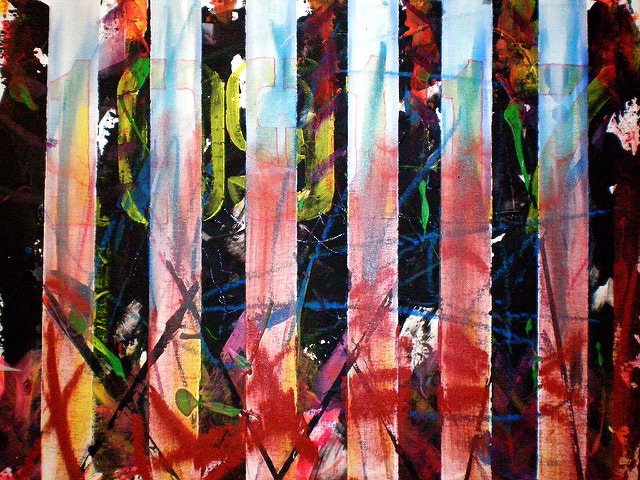
 RSS Feed
RSS Feed 